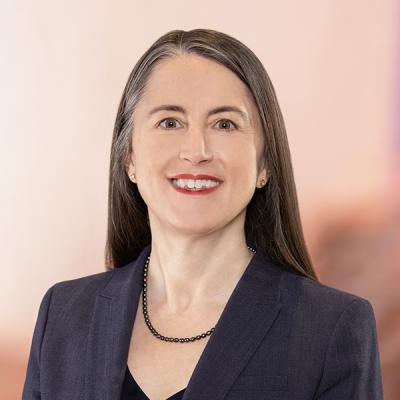Telephone and Texting Compliance — Congress Hears from Industry Stakeholders on the Next Steps to Combatting Illegal Robocalls and Robotexts
On June 4, 2025, the House Energy and Commerce Committee’s Subcommittee on Oversight and Investigations held a hearing on combating illegal robocalls and robotexts. The hearing, entitled “Stopping Illegal Robocalls and Robotexts: Progress, Challenges, and Next Steps,” highlighted the persistent threat of unlawful robocalls and robotexts, and the evolving strategies Congress, the FCC, and telecommunications industry stakeholders are implementing to combat them.
Testimony from the hearing made clear that while some enforcement tools have improved, the robocall ecosystem remains a moving target. For example, Josh Bercu, representing the USTelecom-led Industry Traceback Group (ITG), emphasized that ITG traceback efforts have helped identify bad actors, but regulatory enforcement (both FCC and state) has had limited effectiveness at stopping illegal calling and texting, as most of the bad actors identified in tracebacks are not deterred by FCC or state-imposed fines. Mr. Bercu called on Congress to increase support for and prioritize resources toward investigations and criminal prosecution. He also urged Congress to push the FCC and other law enforcement entities to collaborate more and take decisive actions against unlawful robocallers and texters once identified by the ITG.
Other witnesses emphasized the looming threat of artificial intelligence (AI). In particular, Ben Winters of the Consumer Federation of America warned that generative AI is being used to craft more convincing scam messages and thus offered that widespread use of AI in robocalling may raise novel questions as to what constitutes “prior express consent” when AI is involved in that process. Industry stakeholders also called for consistency and clarity when it comes to consent standards. Notably, CTIA’s Sarah Leggin urged regulators to provide clearer guidance on how consumers can give consent and callers obtain consent, and asked Congress and the FCC to take steps to harmonize federal and state consent obligations. She also highlighted the wireless industry’s investment in and deployment of advanced technologies to identify and stop robocalls before they ever reach consumers.
Finally, echoing the testimony of the other witness, Stephen Waguespack of the U.S. Chamber Institute for Legal Reform broadly called for enhanced focus on criminal prosecutions for fraudulent calling and texting campaigns, and new limitations on TCPA litigation (such as capping damages and attorney’s fees), noting that legitimate businesses support these efforts and face real and significant harm from scam calling campaigns as well as vexatious TCPA litigation. Agreeing with Ms. Leggin, Mr. Waguespack also urged better coordination between federal and state enforcement bodies.
Ultimately, the witnesses underscored that strengthening the requirements and enforcement of the Telephone Consumer Protection Act (TCPA) is simply a necessity for staying ahead of the rapidly changing threat landscape. The hearing also made clear that for businesses, TCPA compliance should no longer just be about avoiding lawsuits, but about taking an active role in rebuilding trust in the nation’s telephone networks by reducing the volume of harmful robocalls and robotexts that reach consumers.
Looking Ahead and Key Takeaways
The June 4 hearing was a clear signal that even though this is a new Congress, it is not likely to back down in the fight against illegal robocalls and texts. Lawmakers displayed bipartisan support for potential legislative updates to the TCPA and related statutes in the future. That means businesses that engage in calling and texting campaigns need to keep thinking about compliance with the TCPA. Those businesses should continue to review their consent protocols and stay engaged with regulatory developments. Stakeholders should expect additional hearings and possibly new FCC rulemakings aimed at closing perceived enforcement gaps and addressing emerging technologies.




